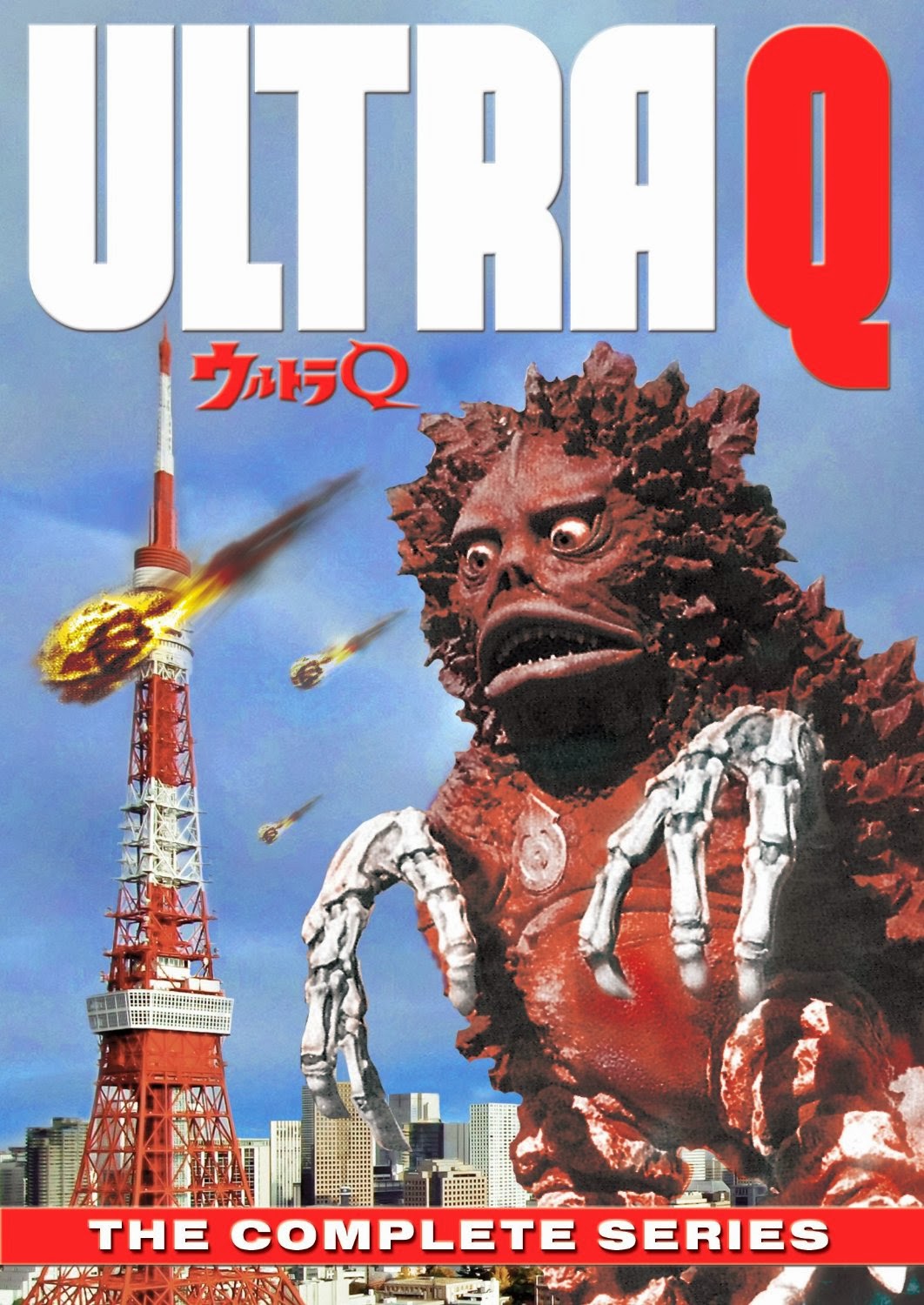Unveiling The Fascinating World Of The Members Of Ultra Q
In the realm of Japanese science fiction, few shows have left an indelible mark like Ultra Q. This cult classic, which first aired in 1966, captivated audiences with its unique blend of horror, fantasy, and adventure. The show not only introduced viewers to a variety of monstrous creatures but also showcased a talented ensemble of actors who brought these stories to life. As we delve deeper into the members of Ultra Q, we’ll explore their backgrounds, contributions, and the legacy they left behind in the world of television.
Ultra Q was groundbreaking in its approach, paving the way for future tokusatsu series, including the iconic Ultraman. The members of Ultra Q played pivotal roles in establishing the show's narrative and thematic depth. Each episode featured a self-contained story, allowing for a diverse range of characters and monsters, which helped keep audiences engaged week after week. The impact of the series can still be felt today, as it continues to inspire new generations of filmmakers and fans alike.
As we take a closer look at the members of Ultra Q, we will highlight their individual contributions to the series and their impact on Japanese pop culture. From the show's lead actors to the behind-the-scenes talent, every member played a crucial role in crafting the unique world of Ultra Q. Join us as we uncover the stories behind these remarkable individuals and celebrate their legacies.
Who Were the Key Members of Ultra Q?
Ultra Q featured a talented ensemble cast that contributed to its success. Some of the notable members of Ultra Q include:
- Akira Takarada
- Yosuke Natsu
- Junko Ikeuchi
- Kenji Sahara
- Masumi Okada
What Are the Biographies of the Main Cast Members?
Let’s delve into the biographies of some of the key members of Ultra Q:
| Name | Date of Birth | Notable Works | Role in Ultra Q |
|---|---|---|---|
| Akira Takarada | March 29, 1934 | Godzilla, The Mysterians | Lead Role |
| Yosuke Natsu | February 15, 1932 | Ultraman, The Green Slime | Supporting Role |
| Junko Ikeuchi | March 15, 1946 | Hana no Kimochi, The Eternal Zero | Supporting Role |
| Kenji Sahara | May 19, 1934 | Godzilla vs. Hedorah, Varan | Supporting Role |
| Masumi Okada | June 9, 1930 | The Human Vapor, Matango | Supporting Role |
How Did Ultra Q Influence Japanese Television?
The impact of Ultra Q on Japanese television cannot be overstated. As a pioneer in the tokusatsu genre, it set the stage for many shows that followed. The unique storytelling approach and special effects techniques showcased in Ultra Q influenced a whole generation of filmmakers and series creators.
What Themes and Motifs Were Explored in Ultra Q?
Ultra Q was known for its exploration of various themes, including:
- The clash between humanity and nature
- The consequences of scientific experimentation
- The nature of fear and the unknown
- The idea of coexistence between humans and monsters
Who Were the Creators Behind Ultra Q?
Behind the scenes, several key individuals played significant roles in creating Ultra Q:
- Producer: Tsuburaya Eiji, who was instrumental in the show's visual effects and overall direction. - Screenwriters: Various talented writers contributed to the series, including Shinichi Sekizawa and Joji Tsuburaya. - Special Effects Team: The team led by Eiji Tsuburaya was crucial in bringing the show's monsters to life through innovative techniques.What Legacy Did the Members of Ultra Q Leave Behind?
The members of Ultra Q have left a lasting legacy that continues to influence the entertainment industry today. Their performances and dedication to the craft helped shape the tokusatsu genre and set the foundation for future shows. Many of the members went on to have successful careers in film and television, forever remembered for their contributions to this iconic series.
What Are the Most Memorable Episodes of Ultra Q?
Some episodes of Ultra Q have become particularly memorable among fans. Here are a few standout episodes:
1. **"The Flying Phantom Ship"** - This episode features a mysterious ship that appears in the sky, leading to a thrilling adventure for the characters. 2. **"I Saw a Bird"** - A poignant episode that explores the themes of loss and the connection between humans and nature. 3. **"The Devil's Ballad"** - A haunting tale that delves into the world of music and its supernatural implications.How Did Ultra Q Shape the Future of Tokusatsu?
The success of Ultra Q paved the way for subsequent series, including the beloved Ultraman franchise. Its innovative storytelling and special effects inspired countless creators and led to the establishment of a genre that remains popular today. The members of Ultra Q played a crucial role in this evolution, and their contributions continue to be acknowledged and celebrated by fans worldwide.
In conclusion, the members of Ultra Q not only contributed to a groundbreaking television series but also helped shape the landscape of Japanese pop culture. Their performances and the themes explored in the show resonate with audiences even today, ensuring that the legacy of Ultra Q remains alive and well. As we celebrate these talented individuals, we are reminded of the power of storytelling and the enduring impact of their work.
Unraveling The Magic Of The 1989 Dresses Eras Tour
Remembering Kassandra Cantrell: A Life Well-Lived
Unveiling The Fascinating World Of Bridgit Mendler's Nip
![[ENGLISH SUB] Ultra Q 1966 [FULL SERIES 28/28]](https://i2.wp.com/tukoz.com/wp-content/uploads/2020/07/1966-Ultra-Q-2.jpg)

